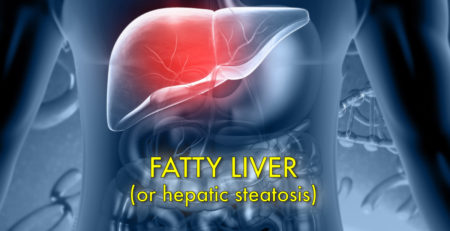Dysbiosis
The term dysbiosis identifies a generic alteration of the human bacterial flora; for this reason it is usually followed by an adjective specifying the affected body district (vaginal dysiosis, cutaneous dysiosis, oral dysiosis, etc.).
On the contrary, when we speak simply of disbiosis, we usually make reference to an alteration of the microflora, mainly bacterial, which lodges in the human intestine, especially in the large one (intestinal dysiosis).
At this level there is in fact an extraordinary quantity and variety of micro-organisms; suffice it to say that in one gram of faeces there are about 100 billion bacteria.
Every day, advertising reminds us of the importance of the normal balance of this bacterial flora, in which the so-called symbionts, bacteria that are friends of the organism and hinder the proliferation of pathogens, should prevail, improving the function of the intestinal mucosa and, consequently, the health of the entire organism.
Despite the importance of intestinal bacterial flora, deforestation is often not considered a real disease, at least by official medicine; on the other hand, among advocates of alternative approaches to human health, there is an obsessive attention to him, since he is often called into question as a trigger of various ailments and pathologies.
Find out how to counteract these disorders with CANDIBIOTA (https://www.elisirlife.it/en/supplements/integratore-alimentare-candibiota-100-cps.html)











